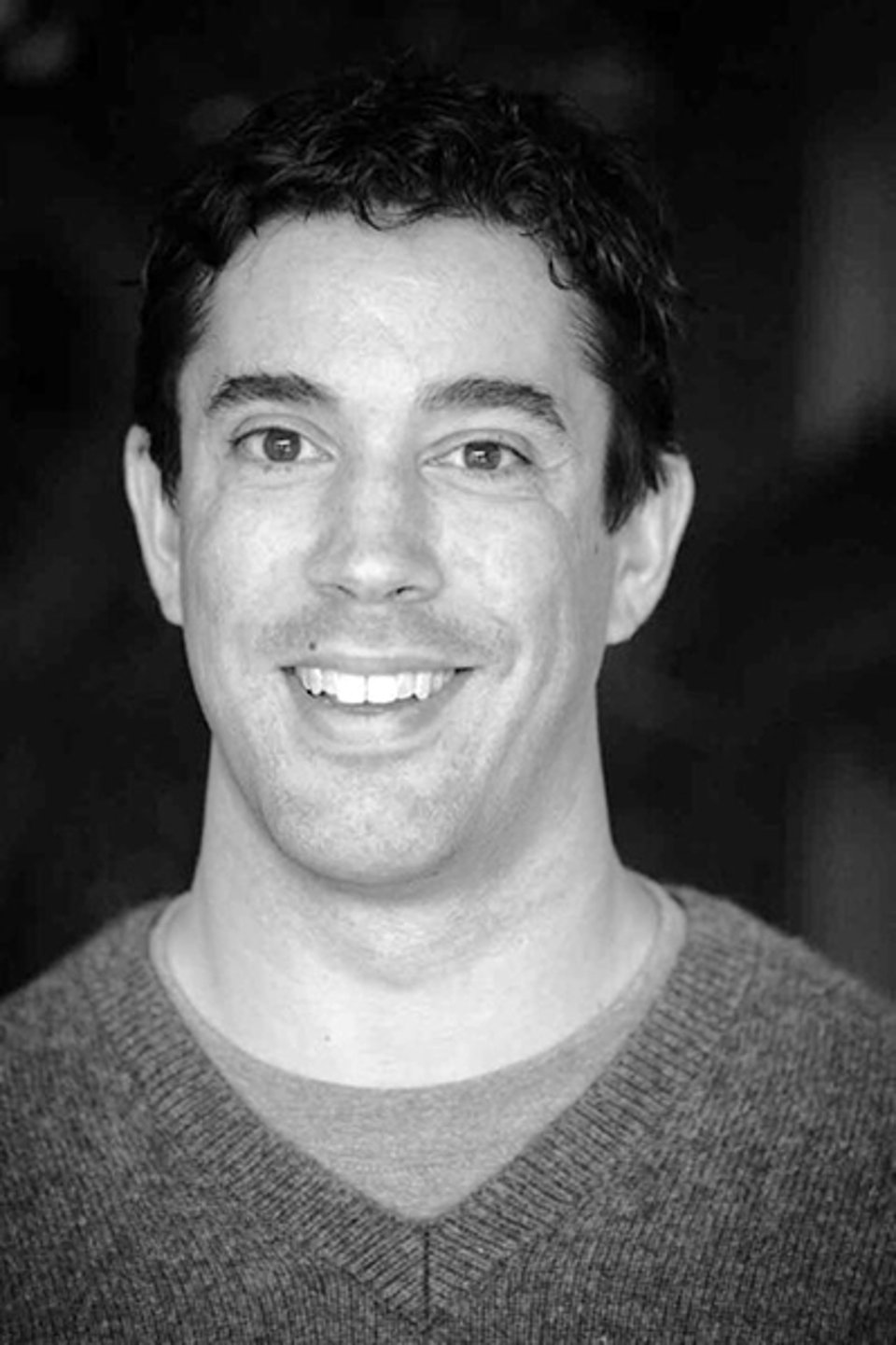Small-town docs get $7.4 million for advanced skills training
To be a physician in a rural community—which the Society of Rural Physicians of Canada defines as an area with less than 10,000 residents—often means stepping up as a doc-of-all-trades and providing services that go beyond primary care.
A $7.4 million program launched by the SRPC will soon make it easier for doctors in rural, remote and Indigenous communities across the country to expand their skill sets based on local needs. The goal of the National Advanced Skills and Training Program for Rural Practice is to support recruitment and retention of physicians while advancing equitable access to healthcare in these small, underserved communities.
The SRPC has also put out a call for physicians with skills of interest to rural doctors to register as preceptors.
“We want the program to be grassroots, driven by what physicians see is needed in their communities,” said Dr. Gavin Parker, a family physician in the southern Alberta town of Pincher Creek—population 3,622 as of 2021—and treasurer of the SRPC. “So depending on the skills gap they identify, they could apply for funding for training in, for example, obstetrical surgery, anesthesia or emergency medicine. We’ll work with them to make it happen.”
Funded by Employment and Social Development Canada—a federal government department—the program is open to SRPC members, including new doctors and international medical graduates, with an active licence to practice in Canada and at least six months of practice in a rural community in the past year.
Read: CFPC, SRPC call for improvements to rural patient transfer procedures, policy
Training—which must take place in Canada and isn’t being funded by another source—may be from one to 30 days in duration and will typically be within a small group or one-on-one with a preceptor.
Successful applicants can get a $1,000 daily stipend for up to 30 days, up to $2,000 for travel costs—with additional funds available for doctors in northern and remote areas—up to $200 for accommodations, and coverage of overhead costs such as rent and administrative staff salaries. The program will also pay $250 a day for a preceptor and up to $1,000 a day for a locum.
“The program recognizes how hard it is for rural doctors to step away from their practice to learn a new skill,” said Dr. Parker. “They have to find a locum to fill in for them, continue paying their staff while they’re away, arrange for a preceptor, and pay for travel costs and accommodations. We’re here to support them with all this. We don’t want anybody paying out-of-pocket for training in something their community needs, or not being able to train in a particular area because the program doesn’t exist near their area. We’re happy to find and pay for a preceptor.”
Dr. Parker knows from experience the importance of identifying and addressing skills gaps in a small community’s health system. At one point he completed three weeks of training in cardiac stress testing after it became evident that the hospital where he works was in danger of losing that skill because of attrition and retirement.
“I’m one of five doctors remaining in my community,” he said.
The program opened for applications March 22. Dr. Parker said applications will be reviewed on an ongoing basis for the duration of the program and applicants can expect accelerated processing. More information and a link to the application can be found on the National Advanced Skills and Training Program for Rural Physicians website.
Read: A family affair: Study finds rural physicians frustrated by lack of opportunities for their spouses

